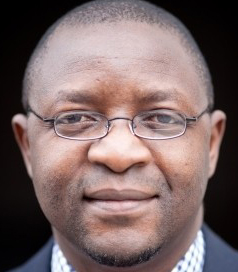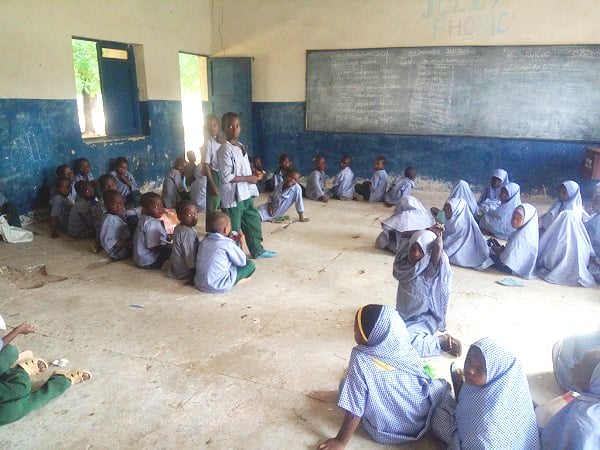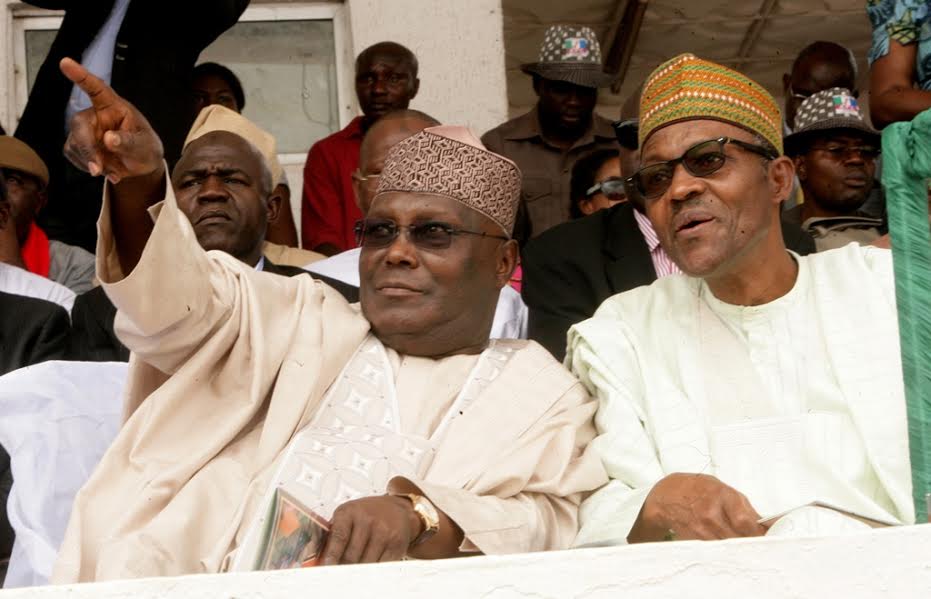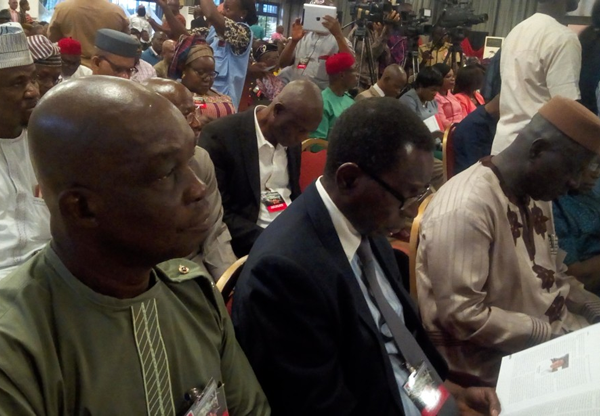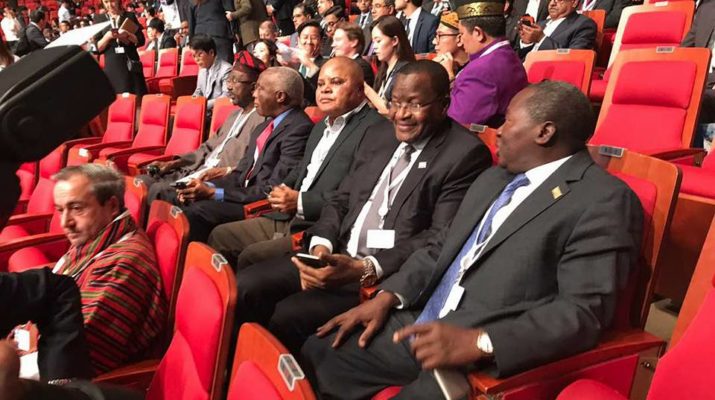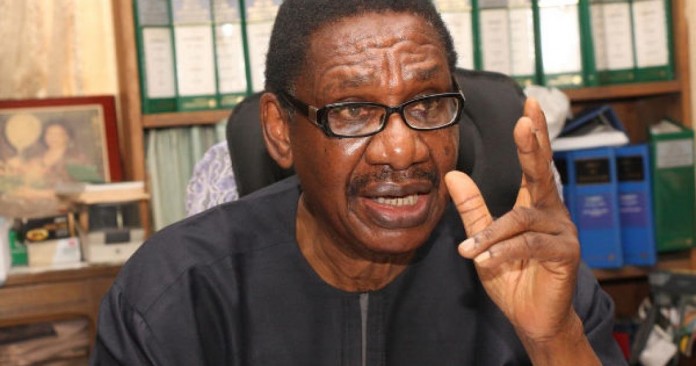As the Telecom industry summons the tribe of telecommunications experts, organizations, ICT gurus, regulators, investors and governments to the city of Busan in South Korea expectations are high for conquering new frontiers.
The telecoms industry is a very rapidly evolving and dynamic one.New digital services and innovative service delivery models are creating fresh opportunities for all. As technology platforms,markets and media daily converge, disruption is fast becoming the “new” normal. Not only are the new platforms challenging existing business and regulatory models, they are also impacting the attainment of critical national objectives such as Nigeria’s push to attain 30% Broadband penetration by 2018. Because technology platforms overlap national boundaries in their impact, forums for inter-national co-operation take on even more critical importance. The ITU’s Telecom World Conference 2017 holding in Bussan, South Korea therefore provides a much-needed platform for public and private sector players in the global telecoms community to forge consensus on critical issues, share ideas for addressing technical, commercial and developmental issues, as well as measure progress on agreed growth initiatives. Additionally, the regular Nigeria Day and Investment Forums held during the Conference have deepened investor confidence, attracting fresh commitments and consolidating on existing ones in the Nigerian telecoms industry. This year will not be different.
Looking back to Nigeria’s participation at previous editions of the Conference,one can boldly state that much has been achieved. Beyond providing a platform for networking with industry leaders,Nigeria has used the ITU World Conference to showcase the remarkable successes that our industry has attained since its liberalization. Indeed, Nigeria’s telecoms industry has become a reference point for what can be achieved in a short time through the effective interplay of focused regulation, moderated competition and very strong policy support from government. From providing basic telephony services to a very small segment of the population in 2001, we have extended 2G/3G telecoms infrastructure throughout Nigeria, and we are now boldly tackling the challenge of ensuring pervasive rollout of Broadband infrastructure and services to drive national development in accordance with the National Broadband Plan, the Sustainable Development Goals, the National Economic Recovery and Growth (ERGP) and the NCC’s 8-point agenda.
To be clear, ITU Telecom World 2017 is holding at a time of great stress for the telecoms industry – globally and locally. Voice, SMS and other traditionally high revenue streams are fast depleting, as disruptive digital platforms mature and gain the trust of increasingly sophisticated consumers. In Nigeria, we also have the recent drop in active subscriber base to contend with. In an ideal world,factors such as migration to digital alternatives by both businesses and consumers,the growing uptake of interconnected devices, the enthusiastic uptake of streaming services and the attendant increase in the use of data/digital platforms should lead to revenue transference and/or displacement effects, meaning that what is lost in voice revenues should be automatically recovered from data and digital income streams. This has not happened, however. Monthly ARPU of some players has fallen by more than 85% since 2002, and industry players are struggling to monetize new platforms as they aggressively resist their forced transition to “dumb pipe” status. Meanwhile, infrastructure deployment and maintenance costs are increasing, and some have argued that this will significantly affect the capacity of the major players to fund innovation and growth.
Advertisement
Being an incurable optimist, one considers that these ordinarily daunting factors should challenge our minds and intellect on coming up with new ideas and innovations that can deliver more efficient services and revenues. As everyone knows, the Nigerian telecom industry horizon is bright and ripe with great potentials. Our sector has achieved significant milestones in GDP contribution (9.5% in Q2’2017), Investment inflows (estimated at US$68billion), employment and citizens’ empowerment without direct government interventions as with the energy, aviation and manufacturing and other sectors over which the sector towers. We cannot however rest on these laurels. The realization of our sector’s huge potentials will not be achieved by sitting on our hands and clinging to our traditional ways of doing things – either as regulators or operators. It is critical that we leverage on forums like the ITU Telecom World to seek workable, win-win solutions. Nigeria’s participation will therefore be leveraged to pursue understanding in several areas, some of which we highlight below.
First, innovation. ITU World 2017 promises to bring “smart technologies together with smart ideas and smart people to make the world better, sooner” by maximizing opportunities from the ongoing digital transformation. No doubt, the challenge of innovation is a global one. The great irony is that very often, innovation is only truly successful when it displaces an existing model. To illustrate: GSM services disrupted and supplanted the old analog telecoms systems; conversely, the mobile services sector itself is now being disrupted by so-called “Over-the-Top” (OTT) technologies and services. These next-generation applications like Whatsapp, Viber, Facebook messenger, Instagram and a slew of others have come to stay. Described as offering “free rides” to users according to Brian Williamson, a member of Communications Chambers United Kingdom have been aided by the rise of smart phones and improved mobile data and Wi-Fi. As noted above, developments such as this challenge not only existing business models, but also regulatory models as well.
The NCC is very much conscious of its statutory responsibility to support the government in ensuring the sustainability of players who have invested in taking communications services to an overwhelming majority of Nigerians. We are also very conscious of the direct, indirect and multiplier effects of the “OTT disruption” on the industry, as well as the security and other implications of the shift in voice communications to data. But no responsible regulator will prevent consumers from taking the full benefit of smarter, more robust and/or cheaper digital alternatives for enhancing their social and business interactions – especially in an emerging economy keen to accelerate development across all sectors through digital platforms. As we can see, operators in Europe and North America are already taking advantage of the new technologies to explore new revenue initiatives through the so-called telecom 2.0. New value chains and new opportunities are being explored, creating new paradigms. In essence, the “OTT threat” needs to be re-examined from both a business and developmental perspective.
Advertisement
Our tentative deduction (which we shall be critically interrogating with colleagues from other jurisdictions at ITU World 2017) is that the winning formula is to view disruptive solutions as opportunities for deeper and mutually reinforcing partnerships. Our view is that the challenge of innovation is to design and deliver new models, which will advance Nigeria’s national interest for faster, more efficient digital access for all. In this regard, the NCC has been aggressively pursuing options such as spectrum trading, active infrastructure sharing, and the creation of a value-added service aggregation model to allow for cost efficiencies, quality improvements and consumer satisfaction. With continued support from the President Muhammadu Buhari-led government, the NCC is well positioned to continue on its path as a model regulator and clear leader in regulatory excellence, determined to keep pace with global developments and trends so as to reap maximum benefits for our stakeholders. Our focus in Bussan will therefore be to champion win-win partnerships. We shall thus be showcasing our carefully developed approaches at ITU 2017 and seeking best practice for improvement.
Second, the data economy: As the Economist recently noted, “data are to this century what oil was to the last one: a driver of growth and change”. Data is being mined from all available sources, analyzed to create artificial intelligence and new services. That Nigeria has not yet taken its rightful place in the emerging data economy is not debatable. But our economic recovery and growth aspirations demand that we move away from mere consumption, to the creation of content and the localization of data flows. Paradoxically, our current position creates a unique leapfrogging opportunity for us to design and deploy a local template. We shall therefore be working very closely with colleagues from other government agencies like NITDA, and from other jurisdictions on the design of new regulatory approaches in a manner that promotes our national interest but which does not jeopardize our country’s ability to derive maximum benefits from the data economy.
Third, Broadband infrastructure. The NCC is keenly aware that Nigeria’s ability to meet the 30% Broadband penetration target (and other, bigger milestones which rest on Broadband availability) largely depends on the speed with which we can roll out essential Broadband infrastructure over the next fifteen months. The Commission has therefore designed a bold, dynamic and innovative InfraCo (Infrastructure) licensing framework to address the overdependence on mobile Broadband networks and provide an efficient distribution backbone for taking capacity from the submarine cables lying fallow at the shores of Nigeria into the hinterlands where they are needed. The InfraCos are to provide the infrastructure whilst government will provide output-based subsidies, which are contingent on meeting, roll out milestone. The prospect is exciting for the industry.
In addition, we are currently reviewing our respective licensing and spectrum frameworks to achieve speedier results. As the Broadband Commission has noted, a 10% growth in Broadband penetration adds as much as 1.38% growth to national GDP.We are therefore keenly looking to examine the approaches taken by other jurisdictions and see how we can improve ours, as well as forge partnerships and leverage investment opportunities with both regional and global players. In this regard, it is gratifying to note that the NCC has received firm assurances of support from the Federal Government as well as a number of State Governments on easing up approval processes and charges as we pursue the national objective for the delivery of pervasive Broadband infrastructure throughout Nigeria.
Advertisement
In summary, our engagement with telecom experts, organizations and policy makers at ITU World 2017 in Bussan is designed to hone an agenda that we are carefully chiseling out for the Nigerian telecoms industry. It is a unique opportunity not only to showcase our successes as an industry, but also to take new learning for the growth and development of our sector.We shall be interrogating our new regulatory models and approaches, maximizing the benefit of existing research and deepen our collaboration with other industry players. Equally we shall be pitching our country as a choice destination for telecoms investment, knowing that attracting such investments is key to our future growth.Above all that it keys into the core economic agenda of the President Buhari led government.
Dare is the executive commissioner (Stakeholder Management), Nigerian Communications Commission (NCC)
Views expressed by contributors are strictly personal and not of TheCable.
Add a comment
